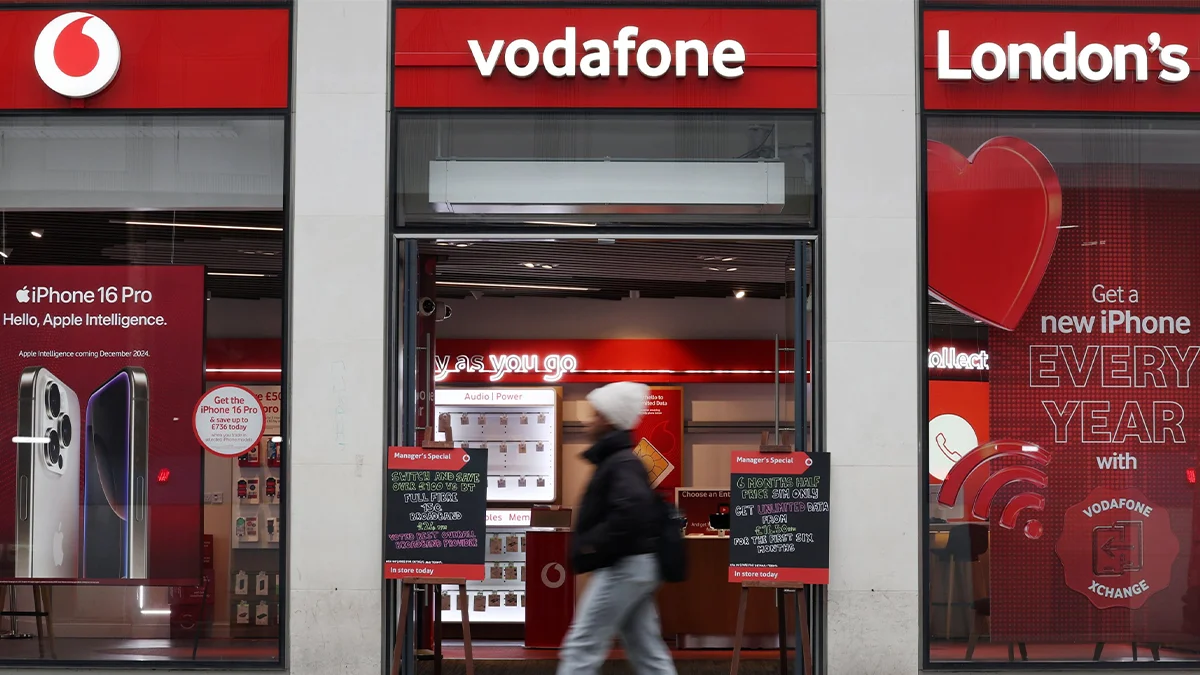Necessary Always Active
Necessary cookies are required to enable the basic features of this site, such as providing secure log-in or adjusting your consent preferences. These cookies do not store any personally identifiable data.
|
||||||
|
||||||
|
||||||
|

The UK Competition and Markets Authority (CMA) has approved the longstanding merger between Vodafone and Three. According to TechCrunch, the Vodafone-Three merger brings together two of the UK’s largest telecommunication operators that own mobile network infrastructure.
The two companies unveiled their merger plans, which involves a $19 billion transaction, in June 2024. The CMA initiated its first probe in January 2024 before conducting an in depth scrutiny in the month of June. Prior to the scrutiny, the CMA collated industry feedback and conducted market analysis.
The CMA later released its provisional findings in the month of September. In the findings, the regulator stated that the Vodafone-Three mobile merger could push prices up for customers, reduce investment in British mobile networks, and diminish mobile network services. Even with these findings, the regulator did not block the deal. Instead, it proposed remedies to fix its concerns.
“Having carefully considered the evidence, as well as the extensive feedback we have received, we believe the merger is likely to boost competition in the U.K. mobile sector and should be allowed to proceed- but only if Vodafone and Three agree to implement our proposed measures,” the CMA said in a statement.
The CMA approved the UK telecom merger subject to various conditions. The regulator stated that the two merging parties have to sign binding agreements to invest billions of pounds towards expansion of 5G in the UK. In the short run, the CMA wants the newly merged entity to cap specific mobile tariffs over the next three years.
During this period, Mobile virtual network operators are to continue with pre-set contractual terms. Vodafone expressed optimism in the new merger, saying that it paves way for the entry of a new force in the British telecom market.
“Consumers and businesses will enjoy wider coverage, faster speeds and better-quality connections across the UK, as we build the biggest and best network in our home market. Today’s approval releases the handbrake on the UK’s telecoms industry, and the increased investment will power the UK to the forefront of European telecommunications,” Vodafone Group CEO Margherita Della Valle said in a statement.
On its part, the CMA underscored the need to maintain competition in the telecommunication sector. “It’s crucial that this merger does not harm competition, which is why we’ve spent time considering how it could impact the telecoms market,” CMA Inquiry Committee Chair Stuart McIntosh said.
Both the CMA and UK’s regulator for telecommunication competition, Ofcom, will oversee implementation of the agreed conditions.
The remedies that the UK regulator agreed with Vodafone and Three were more behavioral as opposed to structural. Legal experts argue that structural changes would have included proposals like disposing off infrastructure or divesting specific business units. The CMA had previously suggested structural changes. It later dropped the idea.
“CMA’s decision is not a surprise, it has signaled for some time that it was receptive to approving the merger subject to appropriate concessions from the parties,” Fladgate Law Firm Partner Alex Haffner said.
Haffner added that CMA’s decision to approve the Vodafone-Three merger based entirely on behavioral remedies appeared to be a departure from the norm- not just in the UK, but also in Europe. He said in the last decade, several ‘4-3’ mobile network mergers were approved only on the basis of serious structural changes agreed upon by the merging parties.